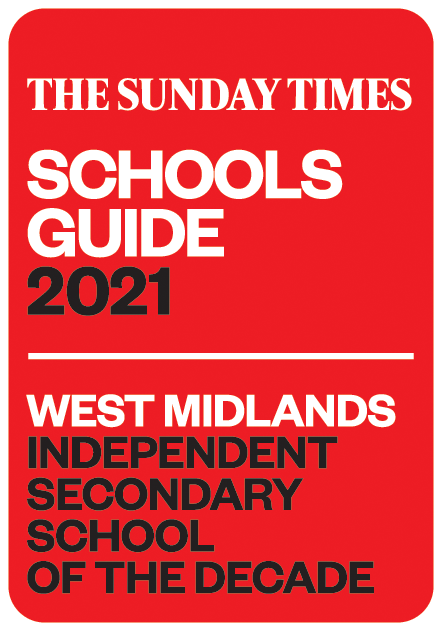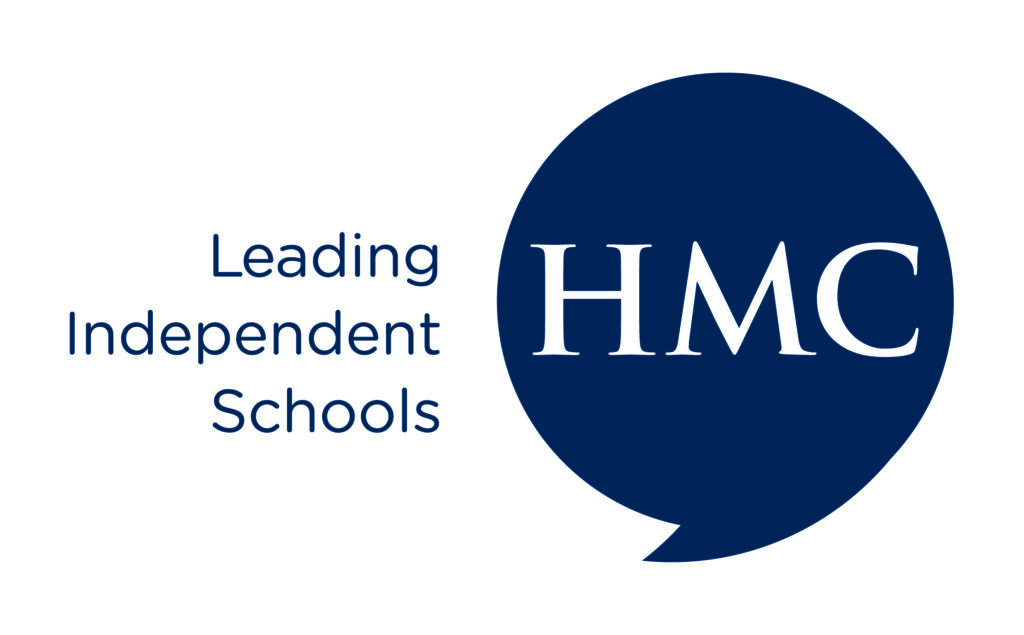Sustainability is a ‘big’ issue, in every sense of the word. It is important and pressing. It extends well beyond its environmental origins. It affects our lives, present and future. It’s being increasingly commercialised. And at a personal level, it can often feel overwhelming. It’s a complex idea in practical terms, and it is this that makes living a sustainable life such a difficult task. So how, and where, can we begin?
Two things have contributed to how I think about sustainability: one is a radical book by the political and moral philosopher Leif Wenar, Blood Oil, and the other is the Netflix series The Good Place. The first of these opened my eyes to the implications of ordinary everyday choices, and the second taught me the importance of marginal improvement, not being perfect, in trying to live a more sustainable life.
Wenar’s book points to the big picture of international trade and how it impacts on equality, peace and inclusive economic growth. I’m sure we all believe that countries should belong to their people. I’m sure we can all agree that the natural resources belong to the people. And I’m sure we all believe that the people should benefit from the sale of their natural resources. The problem we face is that our laws do not align with our values. Far too often, when we in the UK buy natural resources, we are supporting oppression and violence elsewhere in the world.
Our laws for international trade in natural resources allow us to buy from anti-democratic agents abroad. When resources are seized by force and controlled with coercive power, we provide the perpetrators with legal revenue streams which fund their regimes of oppression and violence, and we continue to drive unsustainable consumption and development.
Our cars, phones and jewellery are all tainted with a double standard. If armed robbers seized an Argos truck on Edgbaston Park Road and began selling the spoils, you and I would not have any legal right to purchase the goods. Of course, we would not have any moral right either. And yet this scenario is common when it comes to the natural resources we buy.
This global status quo keeps power with the agents of violence while the people have their chances of peace, equality and economic development brutally curtailed. Developed countries like the UK need to take the lead and eliminate discriminatory laws which encourage the plunder of natural resources by rogue elements within less developed countries. This law of ‘might makes right’ must end. If our goals are to be achieved, a paradigm shift is urgently needed.
The Sustainable Development Goals announced by the UN in 2015 show just how wide-ranging sustainability really is. It extends well beyond mitigating and preparing for global climate change. Sustainability must be compatible with economic justice: all people deserve the material benefits of development. The global economy is a sub-system of global ecology. Perhaps our economic system needs to change. I would argue we must press our governments to stop doing business with unethical agents, and we as consumers must do what we can to use our purchasing power to drive change. The sustainable development goals are important in setting new ethical norms of behaviour. We must deploy our purchasing power to boost these ethical norms.
If we care about equality, peace and economic growth for people overseas we can ask four questions about their government:
- Can the people there find out about their country’s natural resources? Who is selling them? How much profit is being made? Where does the money go?
- Can the people talk freely to each other about the use of their country’s natural resources, without fear of persecution?
- Can the people peacefully protest without risk of prison or violence?
- If a majority of the people disagree with the use of their natural resources, will the regime change its policy in a reasonable timeframe?
I suggest that the answer must be ‘yes’ to all four of these questions before we buy oil, diamonds, coltan, gold, cotton or any other natural resource. If we fail to protest against this crucial economic driver to consumerism, we leave in place a weight that threatens to crush any hope of achieving the UN’s sustainable development goals.
To those who may be shaking their heads at this idealism, I would point to previous paradigm shifts. It was once folly to suggest that the slave trade should end. It was once folly to suggest that women should have the vote. It was once folly to suggest that colonialism should end. And as recently as the 1980s it was folly to suggest that apartheid should end.
So what does The Good Place have to offer here? Without spoiling it, because you really must watch it if you haven’t, it humorously demonstrates the pitfalls of living a ‘good life’, in theory and in practice. Walking into Tesco to buy lunch, in an ethical sense, is like walking a tightrope. Swapping meat for soya arguably contributes to the destruction of the Brazilian Amazon. The industry is so destructive it’s been listed by Greenpeace as one of the ‘Challenges we face’. Overuse of palm oil, and the meat and dairy industries are also prolific offenders. Choosing to eat out-of-season vegetables can cause huge water and carbon footprints. Any processed food is likely to contain palm oil. Even choosing organic and sustainable produce doesn’t necessarily remove human exploitation from the equation. The unintended consequences of our decisions are frankly unfathomable.
When you carefully choose sustainably farmed coffee, only to discover child labour is necessary to make the business viable, there may be little benefit in boycotting it. There could be a benefit in lobbying Nespresso to do better though. Such choice, and possession of a democratic voice, is a privilege that many don’t have. We have these options and I believe we should use our consumer power enthusiastically. Social media can be a powerful tool for such lobbying. But we should not judge each other. Our demands should be directed towards those who have the power to make the change. Anger and frustration are understandable. The task is to channel this energy productively.
Guilt can be paralysing. The need to be ‘perfect’ and ‘right’ can have the same effect. The green movement must grapple with this. An expectation of perfection can be so daunting as to lead one to give up. We must be realistic and practical. We must be kind to ourselves and each other. Accusations of hypocrisy when we fall short of acting on sound arguments can sting. But we have to concede the complexities of the world and the systems in which we exist. At an individual level we should do what we can. We should support and celebrate others doing the same. Crucially, we need to distinguish between the local, national and global systems. We need to use our democratic voice to change these when they curtail our individual efforts to promote sustainability.
We don’t have to be perfect, but we do have to be better. What that means to each of us will vary. ‘Being better’ extends beyond our economic decisions though. And if we are to be truly sustainable we need to remember that all communities rely on mutual support, kindness and good governance to thrive. It is this that I think the KES and KEHS sustainability weeks aim to foster. We can’t let the perfect be the enemy of the good, or even the ‘little bit better’. And we can’t let the system be the enemy of the individual trying to be better.












